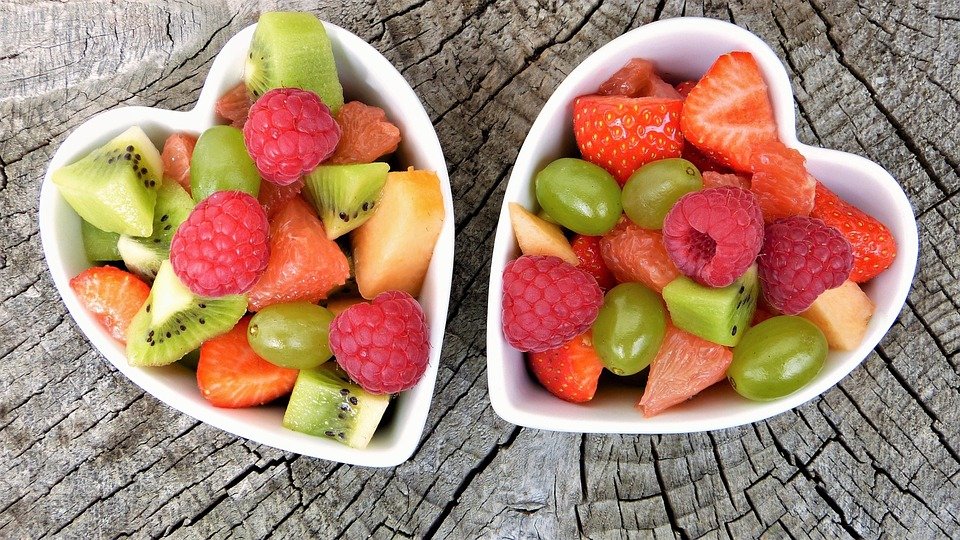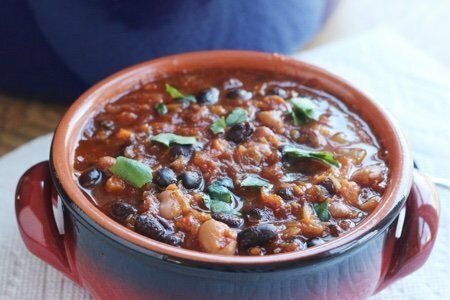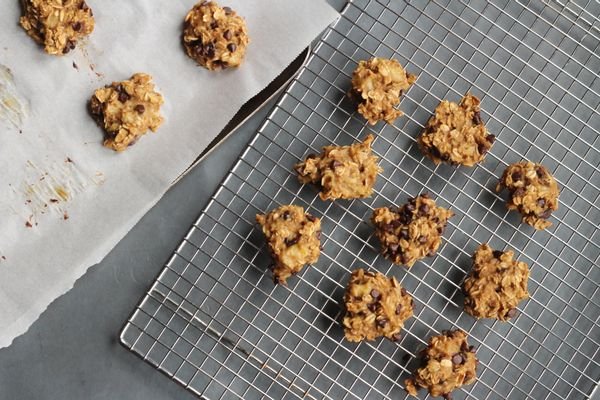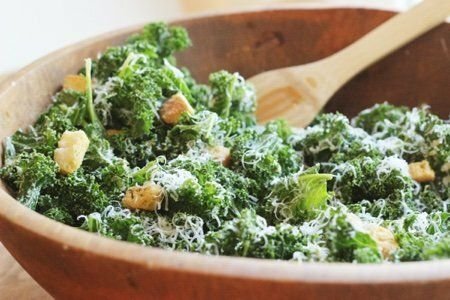The journey toward weight loss can often feel overwhelming, with myriad diets, plans, and strategies flooding the market. However, to achieve lasting results, a structured and sustainable approach is critical. In this article, we’ll explore the ultimate weight loss diet plan designed not just for quick fixes but for long-term health and success.
Thank you for reading this post, don't forget to subscribe!Understanding Weight Loss
Before diving into the specifics of the diet plan, it’s essential to understand the basic principle of weight loss: consuming fewer calories than your body expends. This caloric deficit can be achieved through dietary changes, increased physical activity, or a combination of both.
The Foundation of Your Diet Plan
The key components of an effective weight loss diet plan include:
- Whole Foods: Focus on minimally processed foods; fruits, vegetables, whole grains, lean proteins, and healthy fats should be your primary staples.
- Balanced Macronutrients: Ensure you have an appropriate ratio of carbohydrates, proteins, and fats. This balance can promote satiety and sustain energy levels throughout the day.
- Portion Control: Learning to manage portion sizes is crucial. Mindful eating can help tune your body’s hunger signals.
- Hydration: Drinking enough water is often overlooked but is essential for overall health and can aid in the weight loss process.
Building the Ultimate Weight Loss Diet Plan
1. Determine Your Caloric Needs
The first step is to calculate your Total Daily Energy Expenditure (TDEE). This figure accounts for the calories consumed at rest and those burned through physical activity. Numerous online calculators can help, or you can consult with a nutritionist for a more accurate personal estimate.
2. Create Your Caloric Deficit
Once you’ve determined your TDEE, you can create a caloric deficit of 500 to 1000 calories per day for gradual weight loss of about 1 to 2 pounds per week, which is considered safe and sustainable.
3. Incorporate Nutrient-Dense Foods
A viable weight loss diet should be rich in nutrient-dense foods. Here’s a breakdown of food categories to emphasize:
- Fruits and Vegetables: Aim for a variety of colors on your plate. They are low in calories and packed with fiber, vitamins, and minerals.
- Whole Grains: Choose whole over refined grains, such as brown rice, quinoa, and whole wheat products.
- Protein Sources: Include lean meats, fish, beans, legumes, and tofu. Protein is vital for muscle maintenance, especially when you’re in a caloric deficit.
- Healthy Fats: Incorporate avocados, nuts, seeds, and olive oil. Fats are essential for hormone production and nutrient absorption.
4. Plan Your Meals and Snacks
Planning meals in advance can help you stick to your caloric goals and ensures you make healthier choices. Consider prepping meals on weekends and having healthy snacks ready to prevent impulsive eating.
Physical Activity: The Game Changer
While diet plays a key role in weight loss, incorporating physical activity enhances results significantly. Aim for at least 150 minutes of moderate-intensity aerobic activity weekly, coupled with strength training exercises twice a week.
Staying Motivated
Sustaining motivation is often the hardest part of a weight loss journey. Here are some tips to help keep you engaged:
- Set Realistic Goals: Break your ultimate goal into smaller, achievable targets.
- Track Your Progress: Keep a food diary or use apps to monitor your development.
- Enlist a Support System: Surround yourself with friend and family support, whether in person or through online communities.
- Celebrate Small Wins: Acknowledge progress, whether it’s shedding weight or fitting into an old pair of jeans.
Conclusion
Unlocking the secrets of successful weight loss comes down to a personalized approach that combines a well-structured diet plan with regular physical activity. By focusing on whole foods, practicing portion control, and fostering motivation, individuals can achieve lasting results. Remember, a sustainable weight loss journey is not about strict diets but rather about creating a healthier relationship with food and yourself.
FAQs
1. How quickly can I expect to lose weight on this plan?
Typically, a safe and sustainable weight loss rate is 1 to 2 pounds per week. Individual results may vary based on factors like starting weight, adherence to the plan, and physical activity levels.
2. Are there any foods I should avoid entirely?
While it’s not necessary to eliminate specific foods completely, it’s best to limit processed foods high in sugars and unhealthy fats. Focus instead on moderation.
3. Can I still enjoy my favorite treats?
Absolutely! The key is moderation. Incorporating small portions of your favorite foods can help prevent feelings of deprivation.
4. Do I need supplements to lose weight?
A well-balanced diet typically provides all the nutrients your body needs. However, you may consider consulting a healthcare professional for personalized advice regarding supplements.
















